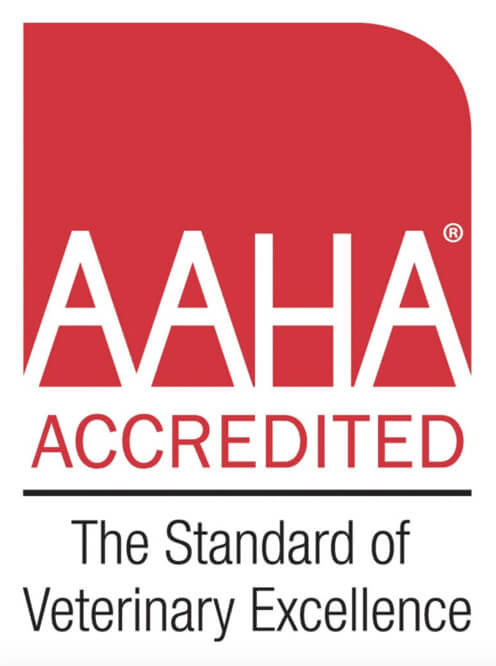A trip to the veterinarian is an essential part of keeping your furry family member healthy and happy. However, for many dogs and cats, the mere mention of a vet visit can trigger anxiety and stress. To make this experience as smooth as possible, we’ve composed a guide to help prepare your dog or cat for a visit to the veterinarian. With a little planning and care, you can help reduce your pet’s anxiety and ensure a successful veterinary visit.
Routine Desensitization
One of the most effective ways to prepare your pet for a vet visit is through desensitization. This involves introducing your pet to the various experiences they’ll encounter during their visit, in a controlled and positive way. Begin by getting your pet used to being handled. This includes gently touching their paws, ears, and mouth, similar to how a vet would during an examination. Reward them with treats and praise to create positive associations.
Familiarization with the Carrier
If your pet isn’t accustomed to their carrier, it’s essential to make it a familiar and comfortable place. Place treats, toys, and a soft blanket inside to entice them. Leave the carrier out in a common area so your pet can explore it at their own pace. Gradually increase the amount of time they spend inside the carrier to help them adjust to being confined.
Stress-Reducing Pheromones
Many pet owners have found success in using stress-reducing pheromone products. These can come in the form of diffusers, sprays, or collars and mimic the natural calming pheromones produced by dogs and cats. They can be useful in reducing anxiety during travel and vet visits.
Positive Associations
Create positive associations with the vet clinic by visiting periodically for quick, stress-free trips. Your pet can simply walk into the clinic, receive a treat, and leave. This way, they learn that a vet visit isn’t always associated with needles and examinations.
Relaxation Techniques
Before the visit, use relaxation techniques to help calm your pet. Spend some quality time together with gentle petting, soothing music, or calming massage. A relaxed pet is more likely to handle the stress of a vet visit better.
Desensitize to Car Rides
For many pets, the car ride to the vet can be a major source of anxiety. To prepare your pet for car rides, start with short trips to fun destinations, like a local park, and gradually extend the duration. Use a secure pet carrier or seatbelt attachment to keep them safe during the ride.
Pre-Vet Feeding Schedule
Avoid feeding your pet right before the appointment to prevent an upset stomach. However, bring along some treats or their favorite toy as a positive distraction during the visit.
Scheduled Exercise
Before the visit, give your pet a chance to get some exercise. A tired dog or cat is generally calmer and more cooperative. A brisk walk or playtime can help burn off some nervous energy. Be careful that your pet doesn’t get to stimulated so they are more likely to be calm when you are at the vet’s office.
Talk to Your Vet About Anxiety
If you’re aware that your pet gets extremely anxious or aggressive during vet visits, it’s a good idea to discuss this with your veterinarian in advance. They can recommend special procedures, medications, or sedation if necessary to ensure a safe and stress-free visit.
Stay Calm and Reassuring
Our pets are incredibly perceptive when it comes to our emotions. If you’re anxious or stressed, your pet will pick up on it. Stay calm, reassuring, and composed during the visit. Speak to your pet in a soothing tone, pet them gently, and offer treats as a reward for their cooperation.
Post-Visit Rewards
After the vet visit, be sure to reward your pet for their good behavior. Treats, playtime, or a special meal can help create a positive association with the vet visit experience. If your dog likes the dog park and if they seem in the mood, stopping at the dog park after the vet’s office might help diffuse some nervous energy or be a good reward.
Final Notes
Preparing your dog or cat for a visit to the veterinarian is a crucial step in ensuring their overall health and well-being. By implementing these tips and strategies, you can make the process less stressful and more positive for both you and your beloved pet. Remember, our pets rely on us to keep them healthy and with the right approach, a trip to the vet can be just another walk in the park.

